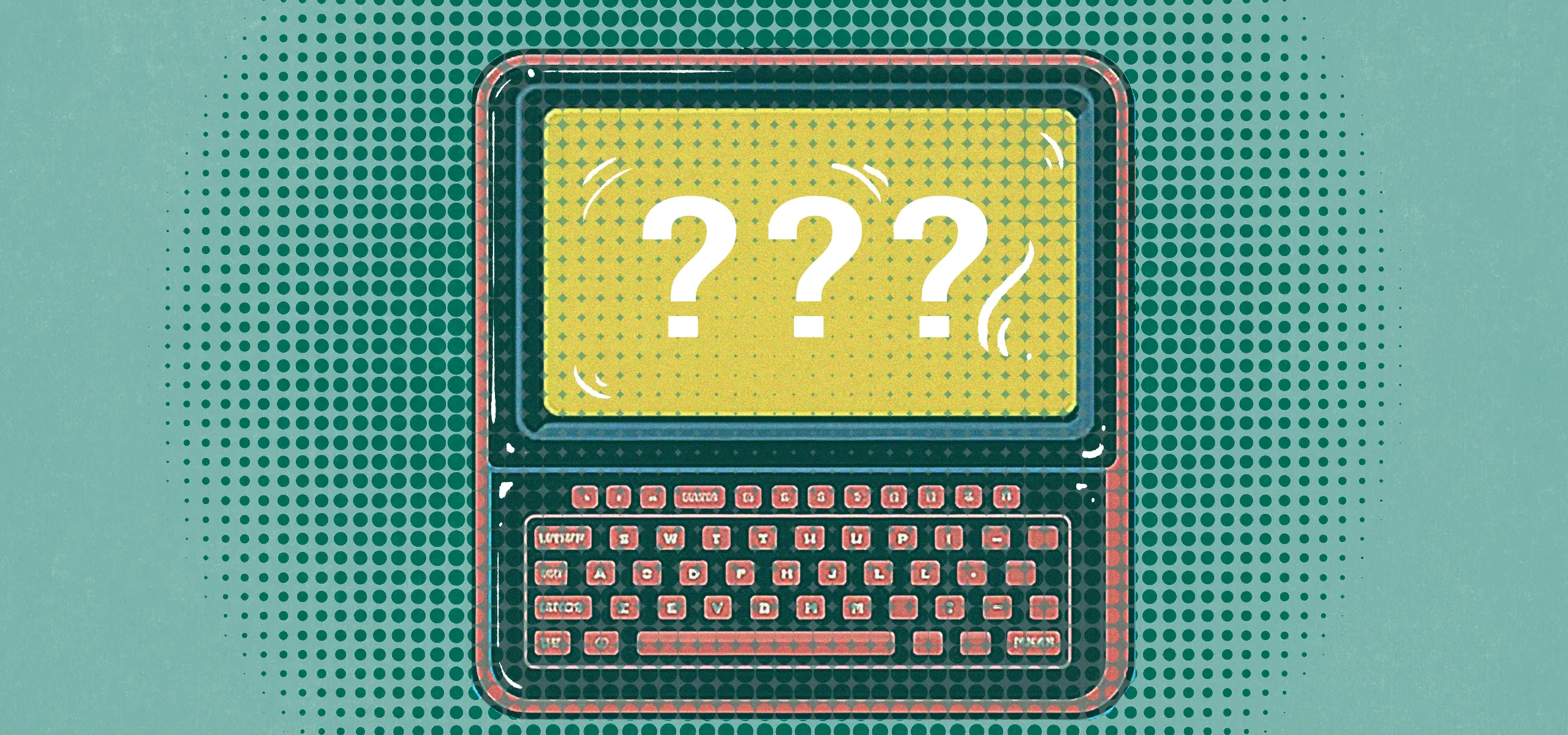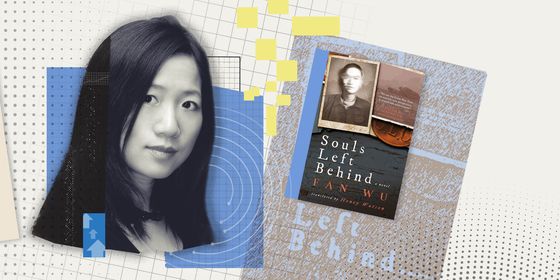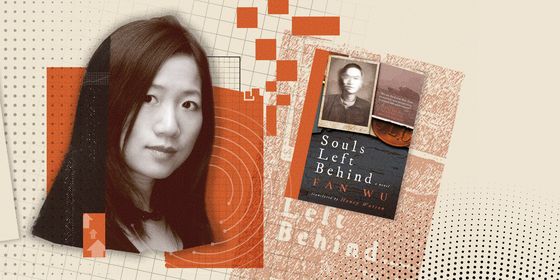Four translators and interpreters talk about the impact new technologies like generative AI are having on their work and future career prospects
Since ChatGPT burst onto the scene last year, stories have abounded about how AI will take the jobs of millions. In China’s creative industries, that process is already well underway. Generative AI models can, in a matter of clicks, produce intricate images, succinct copy, and even error-free code.
One industry that has operated under the shadow of technology since before ChatGPT was even conceived, however, is translation. Some thought Google and other translation software would be the end of human translators, but they survived. Now, the industry is changing again in the face of large language models. Here, four translation industry insiders working in English and Chinese describe how AI has changed their work.
Dylan Levi King, translator of various Chinese authors including Jia Pingwa, and writer
As I started to establish myself as a translator, I had an image in my head of what their practice looked like: They sat in front of a word processor, with the original work cracked open beside them, and pounded out their interpretation. This is still how I usually work, but I’ve come to see I’m an anachronism.
Will ChatGPT Really Kill the Chinese Translation Industry? is a story from our issue, “Online Odyssey.” To read the entire issue, become a subscriber and receive the full magazine.














